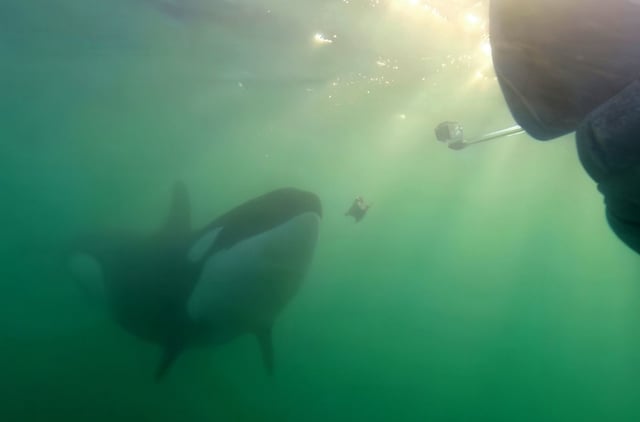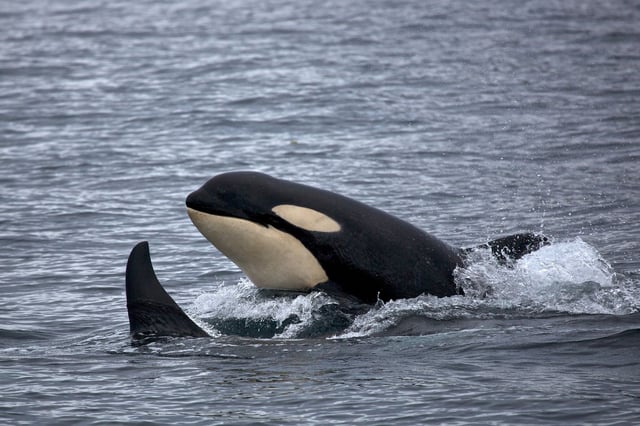Overview
- Published June 30 in the Journal of Comparative Psychology, the study compiles 34 unprompted provisioning events from 2004 to 2024 under strict criteria barring human approach within 50 metres.
- Recorded across five regions—British Columbia, California, New Zealand, Norway and Patagonia—the incidents involved at least 18 different prey types, including seals, rays, jellyfish and seaweed.
- In 33 of 34 cases, orcas waited to gauge human reactions and in seven instances reoffered prey after the initial attempt was refused.
- Researchers interpret these behaviors as evidence of generalized altruism, prosociality and possibly a theory of mind in orcas.
- To minimize risks, authors strongly advise against accepting orca offerings, emphasizing safety for both humans and whales.

